Turmeric—The Magical Orange Root (And Why We Should All Be Eating More of It)
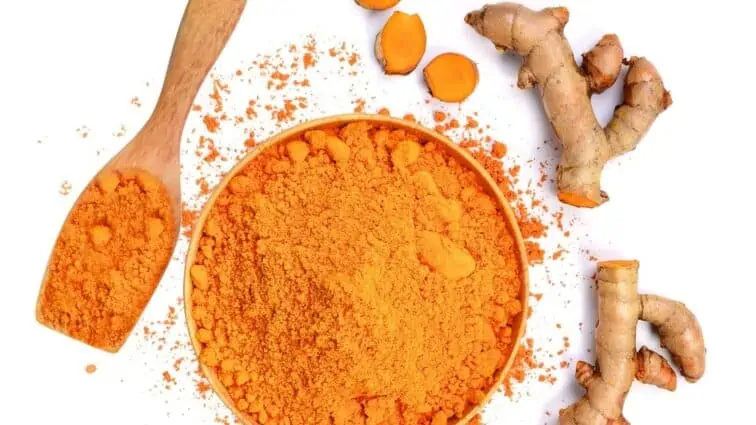
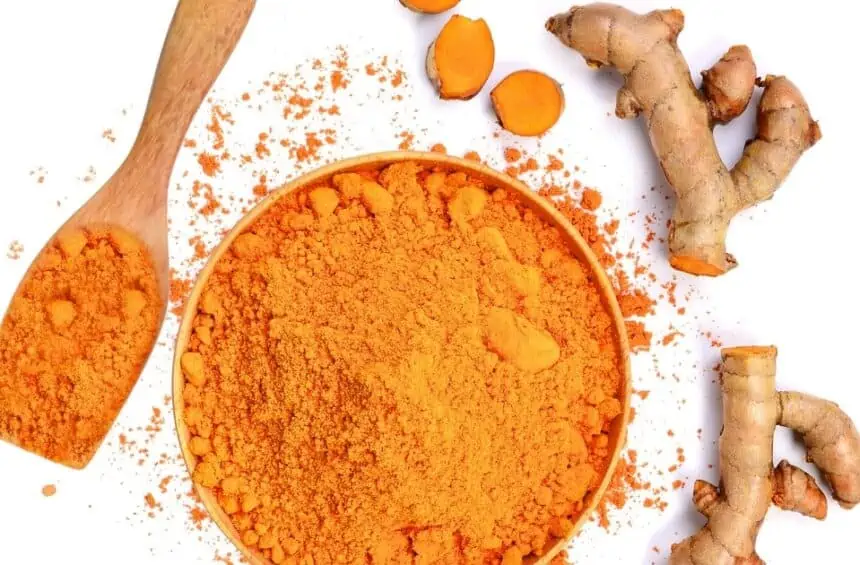
A quick search for turmeric online brings up 72 million articles. That’s a lot of Google juice for this flowering member of the ginger family that stains pretty much anything it touches bright orange.
But why, oh why, is this tuberous root so popular?
Well, it’s widely used in worldwide cuisines, for one. Most notably, turmeric powder is responsible for giving curry it’s eye-catching golden color. And for us vegans, turmeric is the magical ingredient that turns our tofu scramble yellow, making it look just like eggs. And of course there is the recently popularized golden milk.
Beyond its use in cooking, turmeric is widely recognized for its health-promoting properties. And that’s probably why you’re here reading this right now.
Table of Contents
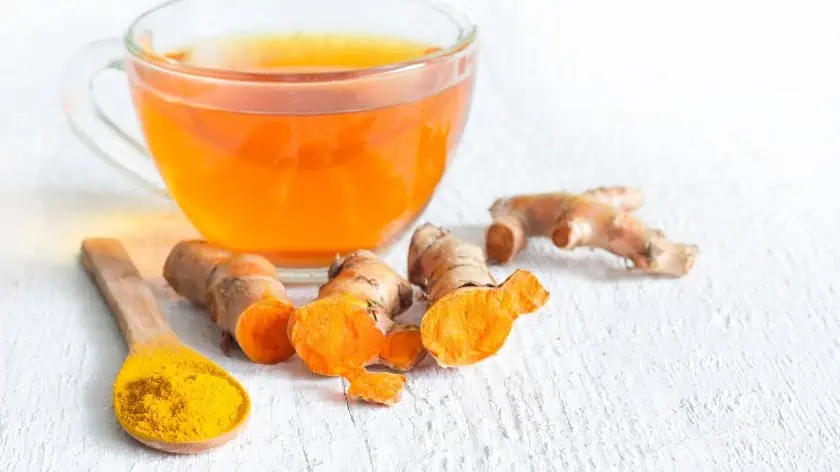
Turmeric’s Many Health Benefits
We all want to be our healthiest selves, right? A plant-based diet rich in whole foods is a great baseline for optimal health, but there are always little dietary switches and additions that can improve our well-being even more. And one of those? According to the founder of NutritionFacts.org, Dr. Michael Greger, one of those nutritious superfoods is Turmeric.
One glance at Dr. Greger’s bestselling book How Not to Die and you’ll see that spices (like turmeric) are some of the most healthful edibles on the planet, and well worth incorporating every chance we can get. But of all the spices he recommends, Turmeric seems to get the most love, appearing as a suggestion for protection against nearly every category of disease, from cancer to Alzheimers to a disease that I am personally burdened with, Ulcerative Colitis.
Now, we’re not making any definitive statements here, because we’re not medical professionals. Plus, the research hasn’t gotten that far (at this point). But there is a lot (a lot a lot) of suggestive evidence that the benefits of turmeric may be much more than an ancient wives tale propagated through Ayurvedic herbalists.
What is Turmeric?
Turmeric is a member of the ginger family, and is native to Southern Asia. The tall, perennial plant grows a rhizome that is known for its healing properties and deep orange inside.
Used for cooking a range of wonderful oriental dishes and even as a natural dye, turmeric is packed with nutrients and disease-fighting components.
Turmeric’s Best Friends: Oil & Black Pepper!
In order to maximize the bioavailability of curcumin and the other fat-soluble components of turmeric in your body, turmeric should be combined with some sort of fat such as vegetable oil (like olive oil or coconut oil) or avocado.
Absorption of curcumin is also increased through piperine, a compound found in black pepper. That’s why health advocates remind us often to enjoy turmeric with black pepper.
Sure, it may sound odd to sprinkle a dash of black pepper in your morning coffee with a generous helping of turmeric, but give it a try. I do this all the time and it’s actually quite good!
Turmeric vs. Curcumin
If you’ve heard about turmeric, then you’ve probably also heard of curcumin. Turmeric contains more than 300 components of which curcumin, a powerful anti-inflammatory phytochemical, is the most notorious, and is often credited for many of the health-promoting properties of turmeric.
Many supplement companies jumped on the trend, and following popular recommendations, isolated curcumin to make curcumin-specific supplements. But as Dr. Greger suggests, taking curcumin alone may fall short of providing the full spectrum of turmeric’s beneficial properties.
While beneficial qualities of curcumin in isolation—for example as curcumin supplements—have been demonstrated, new research appears to suggest that turmeric as a whole may be even more beneficial (see Turmeric or Curcumin: Plants vs. Pills).
How Can I Use Turmeric?
Turmeric is an ingredient in many delicious recipes—from Indian curries to plant-based mac and cheese. Here are a few of our favorites:
- Tofu Scramble
- Vegan Mac ‘n’ Cheese
- Curry
- Golden Milk
- Indian Butter Tofu
- Toor Dal Soup
- Vegan Quiche
- Cheese Dip

Add Some Turmeric To…
Natural Food Coloring
Turmeric also works as an effective natural food coloring, with just a tiny amount providing a bright yellow punch. Want yellow hummus? Yellow cheese sauce (or mac and cheese)? Yellow tofu? Yellow frosting? Turn to turmeric. Just a little pinch goes a long way!
Where Can I Find Turmeric?
Today you can find fresh turmeric in many mainstream grocery stores in the form of tuberous roots that look very similar to ginger (except the flesh is bright orange rather than beige).
You can also find turmeric at nearly all grocery stores in the spice aisle, where it will be packaged as a dried, ground powder that can range from yellow to orange hues. You can also order bigger quantities online if you’re a super-user (like me).
Finally, these days it’s also easy to find turmeric in supplement form, so getting a daily dose can be as simple as swallowing a capsule.
Turmeric Supplements
If you’re looking for an easy daily dose, Naturelo offers vegan turmeric supplements that are packed with 650 mg of turmeric along with black pepper (to make it more bioavailable in your body) and ginger (another extremely healthful root).
Naturelo’s capsules are made from vegetable cellulose rather than gelatin, which is something to look out for with any vitamins or supplements you take. Gelatin is made from animal skin and bones, and is not vegan (or even vegetarian).
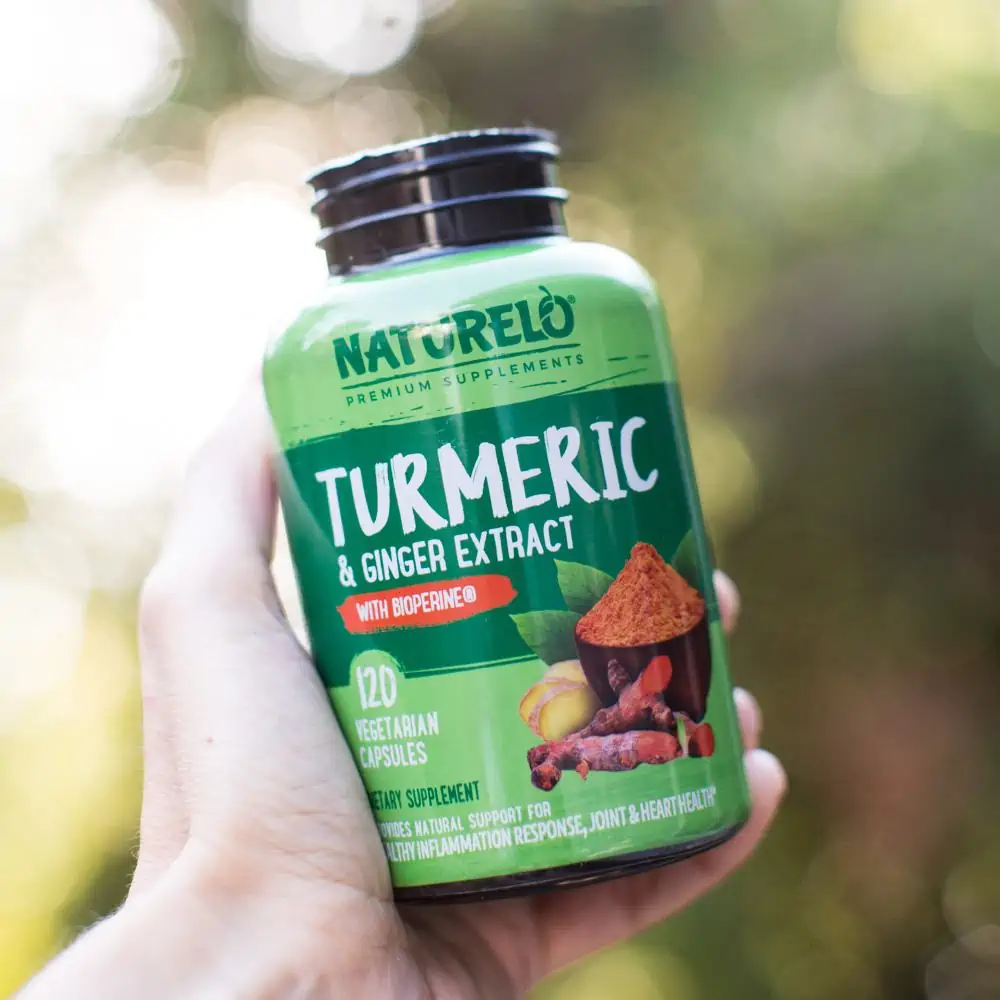
So…Is Turmeric Worth Eating?
Aside from taking your very important vitamin B12 and making sure you get a good dose of vegan DHA, you might consider incorporating this amazing plant for its probable health-promoting powers. With few downsides and a plethora of potentially life-saving benefits, why not, right?
Just make sure when you’re whipping up some golden milk you use one of the many plant-based milk options available (holler, oat milk!) and skip the cow, okay? Cheers!
Article photos from Canva.com. Disclaimer: We are not medical professionals and this article should not be construed as medical advice.

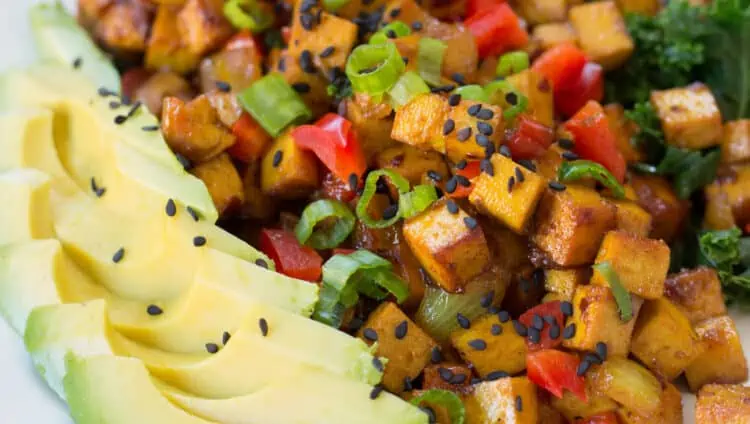
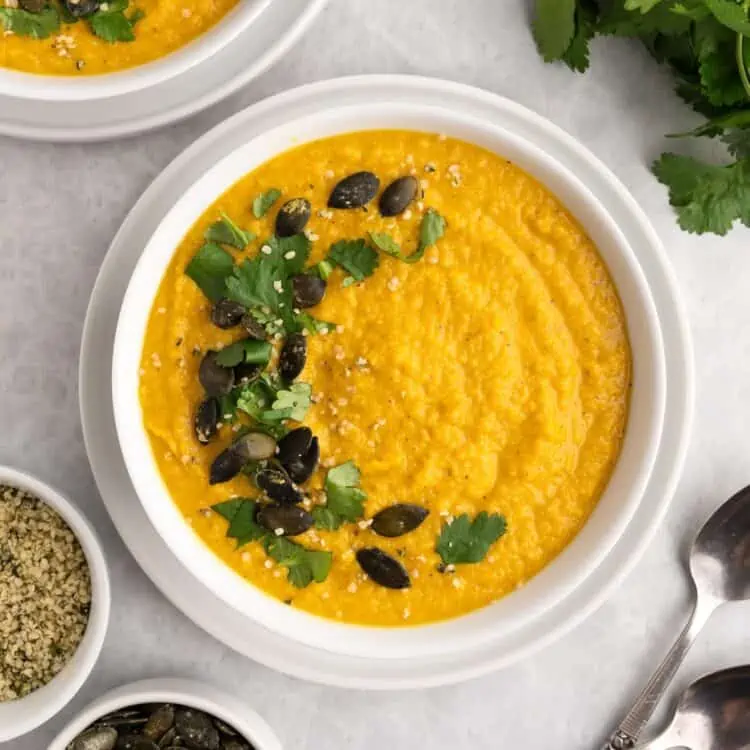

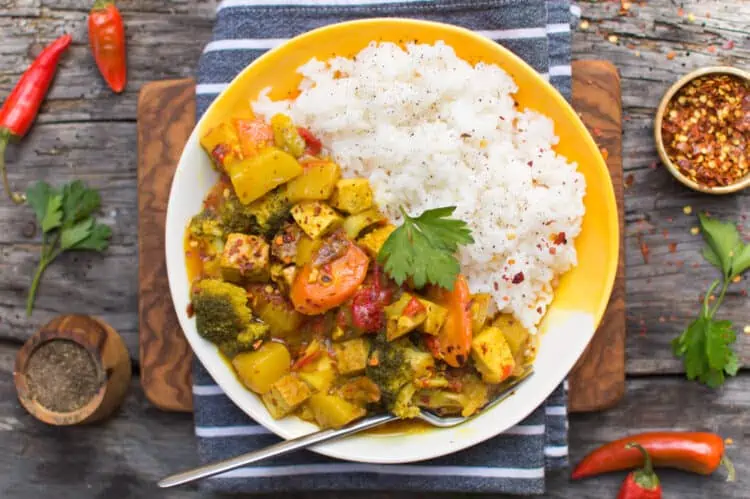

Leave a Comment
Turmeric is so good & beneficial
Such an amazing spice with so many benefits!